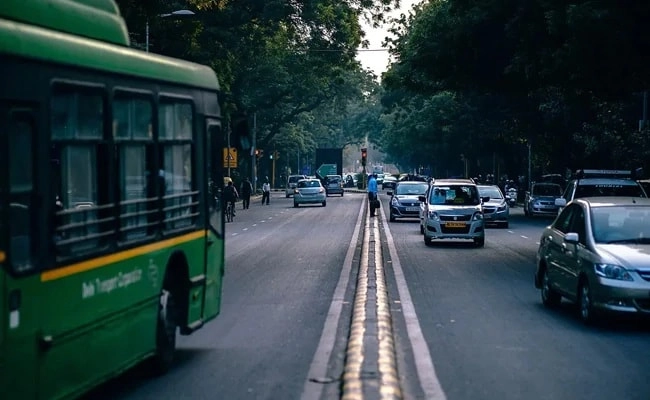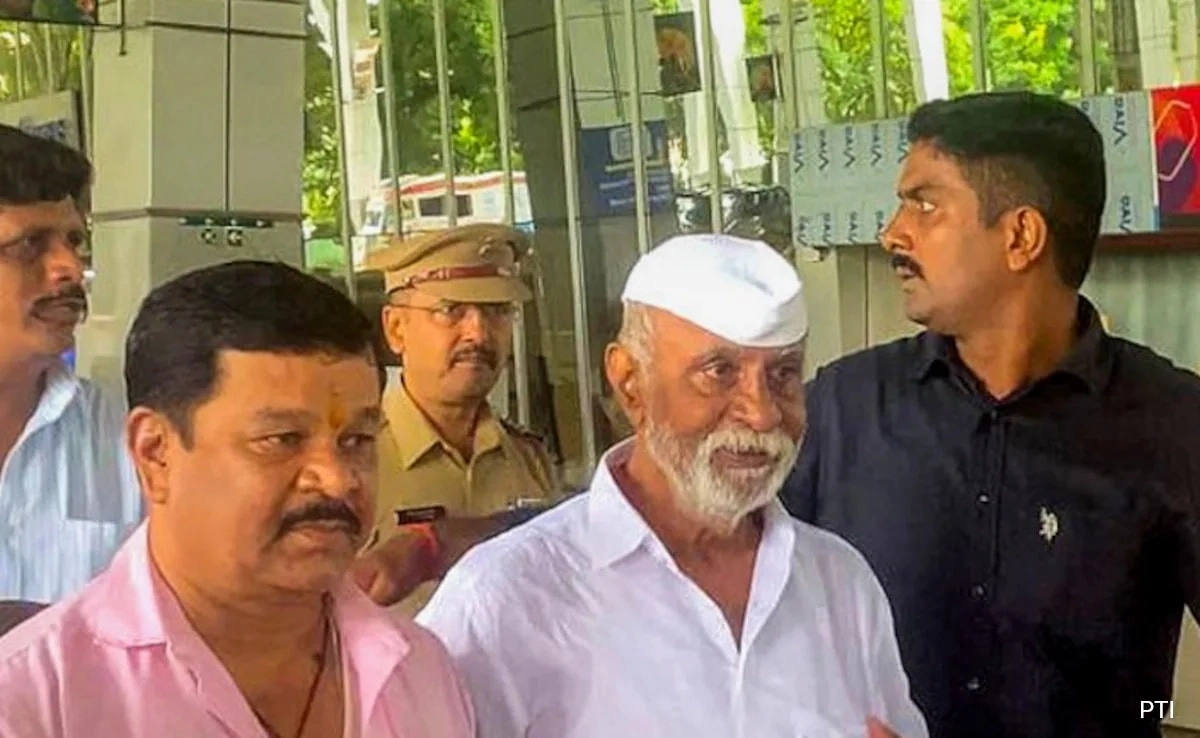The Supreme Court of India recently raised a significant question regarding the absence of CCTV cameras in police stations across Rajasthan. This inquiry underscores a broader concern about transparency and accountability within law enforcement agencies. The court’s questioning reflects a growing recognition of the need for technological advancements in policing practices to ensure that both the rights of citizens and the integrity of police operations are upheld. CCTV cameras are not merely surveillance tools; they serve as vital instruments for documenting interactions, preventing misconduct, and fostering a sense of security among the public and police personnel alike.
The lack of CCTV surveillance in police stations can lead to numerous issues, including the potential for human rights violations, police brutality, and the mishandling of evidence. Without adequate monitoring, there is an increased risk of misconduct going unchecked, which can undermine public trust in the police force. The Supreme Court’s inquiry could prompt an essential dialogue about the necessity of implementing such technology in police facilities, serving as a catalyst for reform. By considering the installation of surveillance systems, authorities can not only enhance accountability but also protect officers from false allegations, creating a safer environment for all parties involved.
In Rajasthan, as elsewhere in India, the conversation around police reforms is critical. The Supreme Court’s proactive stance emphasizes that the modernization of policing methods is essential in a democratic society. The implementation of CCTV cameras could lead to more transparent investigations and interactions, ultimately contributing to a more just legal system. As the judiciary pushes for these changes, it highlights the importance of adopting modern technologies to safeguard civil liberties while ensuring law enforcement agencies operate within the parameters of the law. This move may pave the way for more comprehensive reforms that address systemic issues within the police force, fostering a culture of accountability and respect for human rights.
Ultimately, the Supreme Court’s question serves as a reminder that the evolution of law enforcement practices is crucial in maintaining public confidence and ensuring that justice is served. The discussion surrounding the implementation of CCTV cameras in police stations is not just about surveillance; it is about establishing a framework where citizens feel protected and police officers are held accountable for their actions. As this debate unfolds, it could lead to a significant shift in how policing is conducted in India, aligning more closely with democratic principles and the protection of individual rights.




